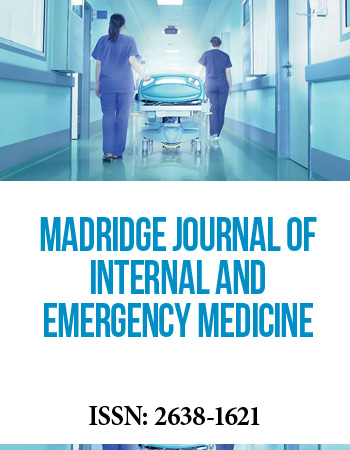International Translational and Regenerative Medicine Conference
April 25-27, 2018 | Rome, Italy
Primary Cancer Cell Cultures for Personalized Cancer Therapy
Genome and Stem Cell Center, Erciyes University, Turkey
Even though the last ten years have seen major discoveries in cancer research, cancer is still a global health issue. Most of cancer research are based on cancer cell lines and animal models. Immortal cancer cell lines are the most widely used models for investigating cancer biology but cell lines poorly represent the tumor heterogeneity of the cancer patients. The average rate of successful translation from animal models to clinical cancer trials are very low as a result of the traditional animal cancer models are limited in their ability to recapitulate the progression of cancer in human. Being able to transfer results from the lab to clinical studies and beyond is crucial. Primary cancer cells, by their very nature, are a useful tool in developing novel cellular therapies for personalized medicine and autologous treatments, by reason of the human primary cancer cells derived individual patients can closely mimic the origin of the disease. Each cancer patient needs to be considered as an independent individual with a unique disease since even in a same cancer disease, every single cancer patient has different genotypical/ phenotypical features. Therefore, the best personalized therapy should be the main subject of the cancer research. In addition, the application of primary cancer cell culture models has the potential to develop the three-dimensional (3D) tumor models for future cancer therapies and to determine biomarkers for diagnosis and treatments.
Biography:
Dr. Yilmaz is Assistant Professor in Genome Stem Cell Center at Erciyes University. She worked with nobel laureate 2015, Aziz Sancar, at University of North Carolina during the PhD studies. Her current research involves cellular-based approaches to personalize the cancer theraphy.


